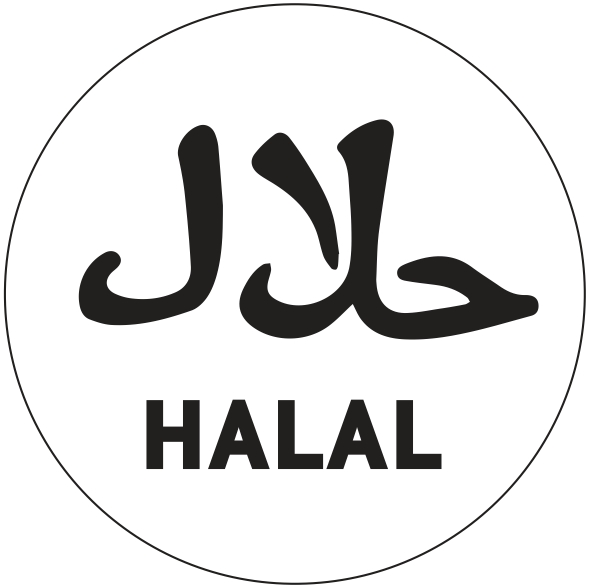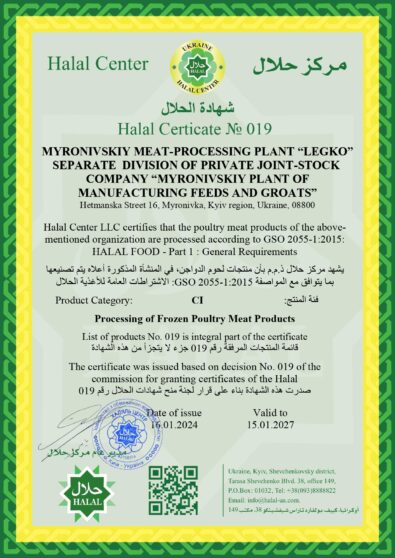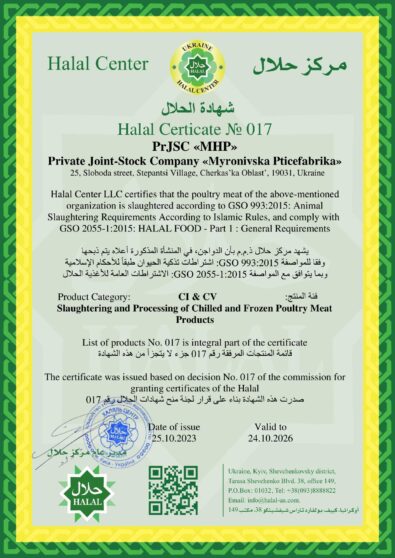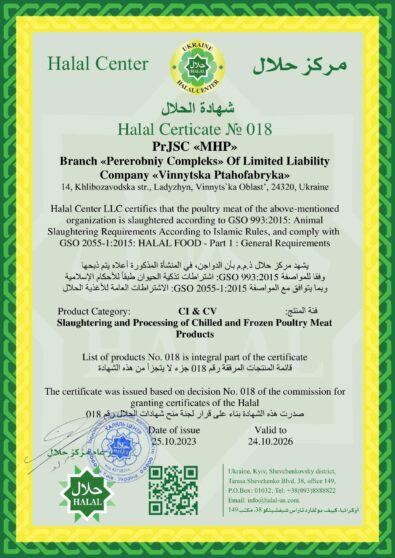HALAL Certification

What is Halal?
In Islamic teachings, the term ‘halal’ is used to describe something that is permissible, authorised, and lawful. Otherwise, it can be interpreted as anything that is acceptable in daily Islamic following and therefore, human food that contributes to a better overall quality of life.
Halal certification defines the rules and requirements that food and drink products must comply with to be recognised as acceptable for consumption by Muslims.
The fundamental principles of Halal encompass some of the following where food is concerned.
1. Ingredients:
Products must be manufactured from ingredients that are permitted under Islam and do not contain any trace of prohibited components, such as pork or alcohol.
2. Slaughter:
It is a requirement that animals intended for human food consumption be slaughtered in accordance with Islamic rituals.
3. Cleanliness:
Of the utmost importance. It is essential that all production and processing activities are conducted in a clean and contamination-free environment, ensuring that no Haram (forbidden) substances are present.
4. Certification:
To verify that products comply with Halal standards, they must be certified by an authorised organisation that monitors compliance with the aforementioned requirements.
5. Ethical considerations:
Additionally, Halal standards encompass ethical considerations such as animal welfare and responsible business practices. This standard is of particular importance to Muslims who wish to adhere to their religious beliefs in their diet and lifestyle.


